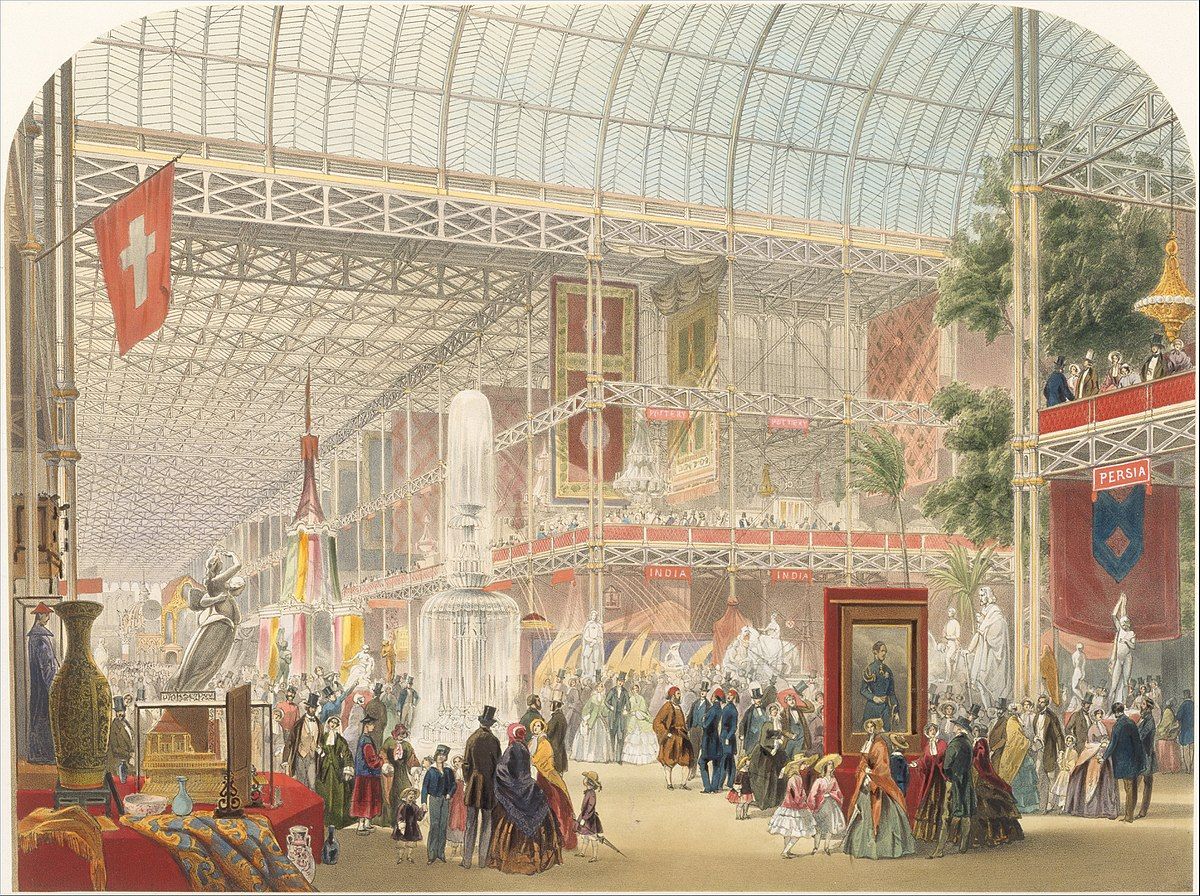
From Waterloo to Mafeking, from George III to Edward VII, Britain experienced dramatic changes during the long nineteenth century (1780-1914). This course introduces students to the major social, cultural, and political events which shaped both everyday experiences and extraordinary occurrences in nineteenth-century Britain. Using primary sources and recent scholarship, this course will interrogate the stereotypes and assumptions associated with nineteenth-century Britain and leave students with a more complex understanding of the issues, values, and ideas which defined Britons and their empire. This course will particularly emphasize change and continuity as we consider how Georgians became Victorians, and how Victorians became Edwardians. Course topics will include crime, industry and innovation, empire, gender and sexuality, popular culture, protest movements, monarchy, and physical and mental health. Coursework will include recreating a Victorian newspaper, bi-weekly written reflections, and a research project.
